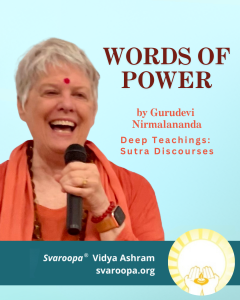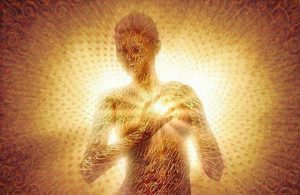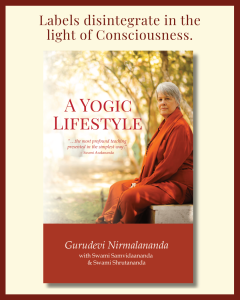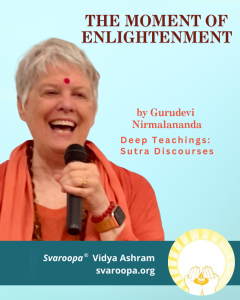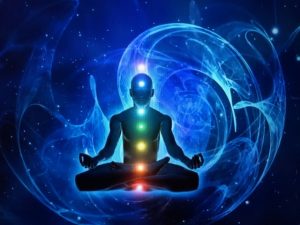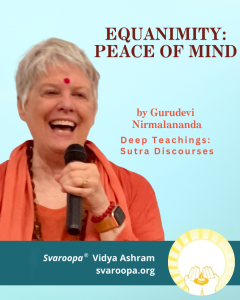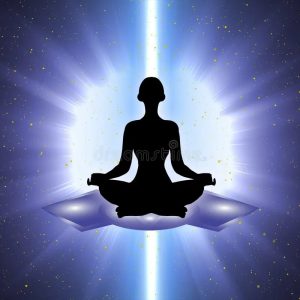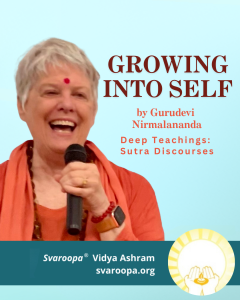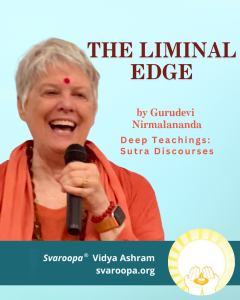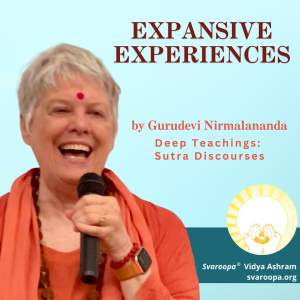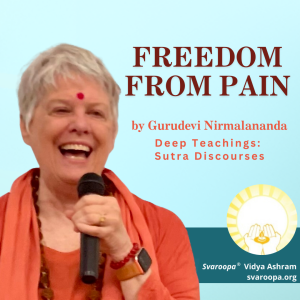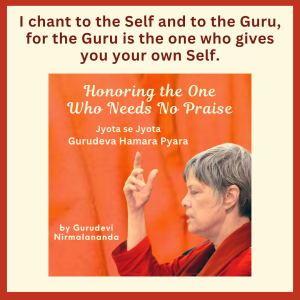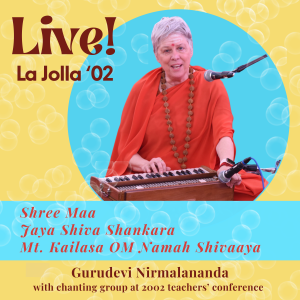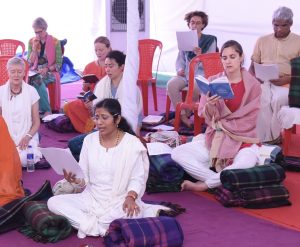Yoga uses words of power – ancient words, vibrating with the energy of the sages of India, words that reveal the mysteries within.
Specific combinations of Sanskrit words that open up your understanding of your life, better yet – your understanding of yourself. Mantras.
However, all words are powerful. They don’t have to be Sanskrit words to be powerful. I remember being about 8 years old and using a schoolyard chant:
Sticks and stones will break my bones
But words will never hurt me.
While I was chanting it aloud, I knew it was a lie. I used the little ditty because other kids were saying words that did in fact hurt me.
All words are powerful. Words of love are powerful. Words of hatred are powerful. Which ones do you remember longest? Is that about them or is that about you?
The good news is that yoga gives you such a deep inner sense of your own being that others’ words don’t hurt you. Is that even possible? That other people’s opinions of you don’t determine your sense of personal value, of personal identity, or your own worth?
Yes, it is possible. More than possible, it is predictable, completely reliable, just like the sun comes up every morning. Yoga gives you a sense of worth that comes from inside. It’s called — self-worth. When you look for others’ opinions to make you feel good about you, it’s called other-worth, not self-worth.
It’s a deeper sense of self that you need. And when you uncover it, you still care about others – but it’s because you care about them. It’s not because you depend on how they see you. This is one of the many freedoms that yoga promises.
Every tradition, every religion, every ancient culture, every meditative system has words of power. Examples include OM in Hinduism and yoga, Adonai in Judaism, agape in Christianity and nammanittoom in the Algonquin language. When you use these words of power, they have an effect.
Yet these different words in different languages and different traditions actually have different meanings and provide different effects. Most of them are about connecting with God in some way, as though God were separate from you.
In yoga, we use words that point you to God within – to your own Self. In yoga’s language, Shiva is being all, including you. So you use words that turn your mind and heart toward Shiva on the inside – toward the One who is being you, your own Self.
All the other words you use are about chopping the world into bits, then comparing them. It’s like the clouds in the sky yesterday, white puffy shapes marching across a brilliant blue sky. I could compare the clouds to each other, even find one I liked better than the others, and it would be gone in an hour. But the sky remains.
In yoga, you look inward, into the background of your own being, the foundational essence of which you are made. Then you discover, you are the one who IS the background, that which underlies your own existence underlies all of existence.
Because your mind grabs for words, you need words to find your way in. Then you discover that you are…

